Google launched the “People also ask” section in search results in 2015. Since then, search engine optimizers have strategized how to appear there. But the benefits of researching keyword-focused questions extend beyond “People also ask” to include:
- Conversational search, where people speak queries into mobile devices.
- Generative AI searches, such as ChatGPT, wherein users tend to type complete questions.
- An understanding of consumer demand and pain points.
Here are five tools to research questions around your targeted keywords.
Moz
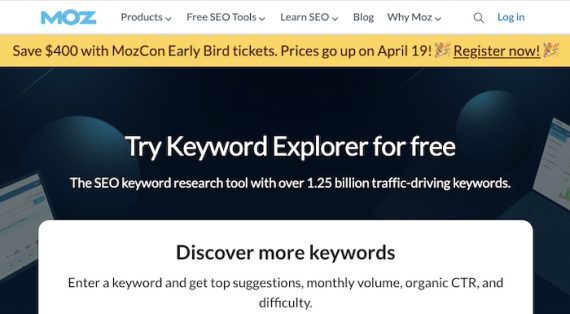
Moz Keyword Explorer
Moz’s “Keyword Explorer” includes a new question research feature. Type your keywords and click the “Questions” tab. The most useful component is the ability to group related keywords — which Moz labels “lexical similarity” — by “low,” “medium,” or “high.”
“Low” similarity produces larger groups with questions loosely relevant to one another. I chose the “medium” option for the “cat food” keyword. The resulting questions are easily addressed in a single web page, making the option very helpful.
Pricing for Moz Pro starts at $99 a month with a free 30-day trial.
Semrush
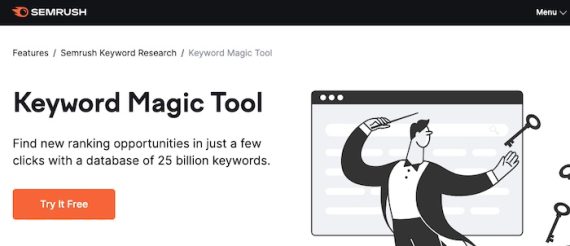
Semrush Keyword Magic Tool
Semrush offers a “Questions” option inside its “Keyword Magic” tool. Type your base term, and switch to the “Questions” tab. The questions are sorted by search volume by default. The left panel lists the keyword modifiers commonly found in those questions.
Semrush starts at $125 per month, with a free 7-day trial.
AlsoAsked
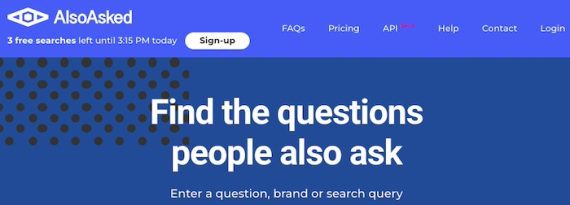
AlsoAsked
AlsoAsked pulls questions from “People also ask” sections. It also shows more questions, which Google generates from searches on the original “People also ask” content.
AlsoAsked’s initial search is free. Upgrade to the $12 per month plan to see the follow-up questions.
BuzzSumo
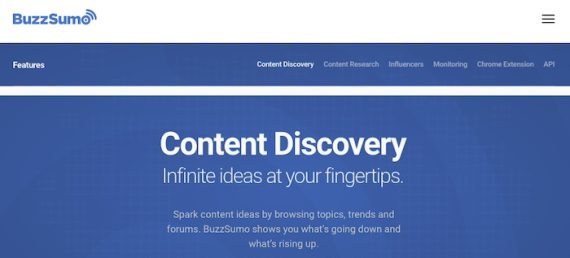
BuzzSumo
BuzzSumo’s “Content Discovery” tab includes “Questions” from Reddit, Quora, and other discussion boards. Users can enable or disable any data source by top-level or full domain name. The questions are grouped by word and adjustable by time frame — day, week, month.
Users can also view “Related themes” to discover more base terms for potential questions.
Pricing for BuzzSumo starts at $199 per month with a free 30-day trial.
Answer The Public
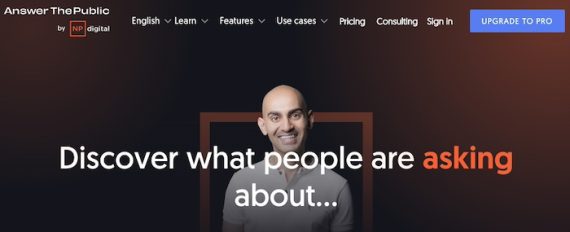
Answer The Public
Answer The Public pulls questions from autocomplete results on Google, Bing, YouTube, and Amazon and groups the output by word. The tool also provides cost per click and search volume for each question.
Answer The Public offers a free, limited trial. Paid plans start at $9 per month.




